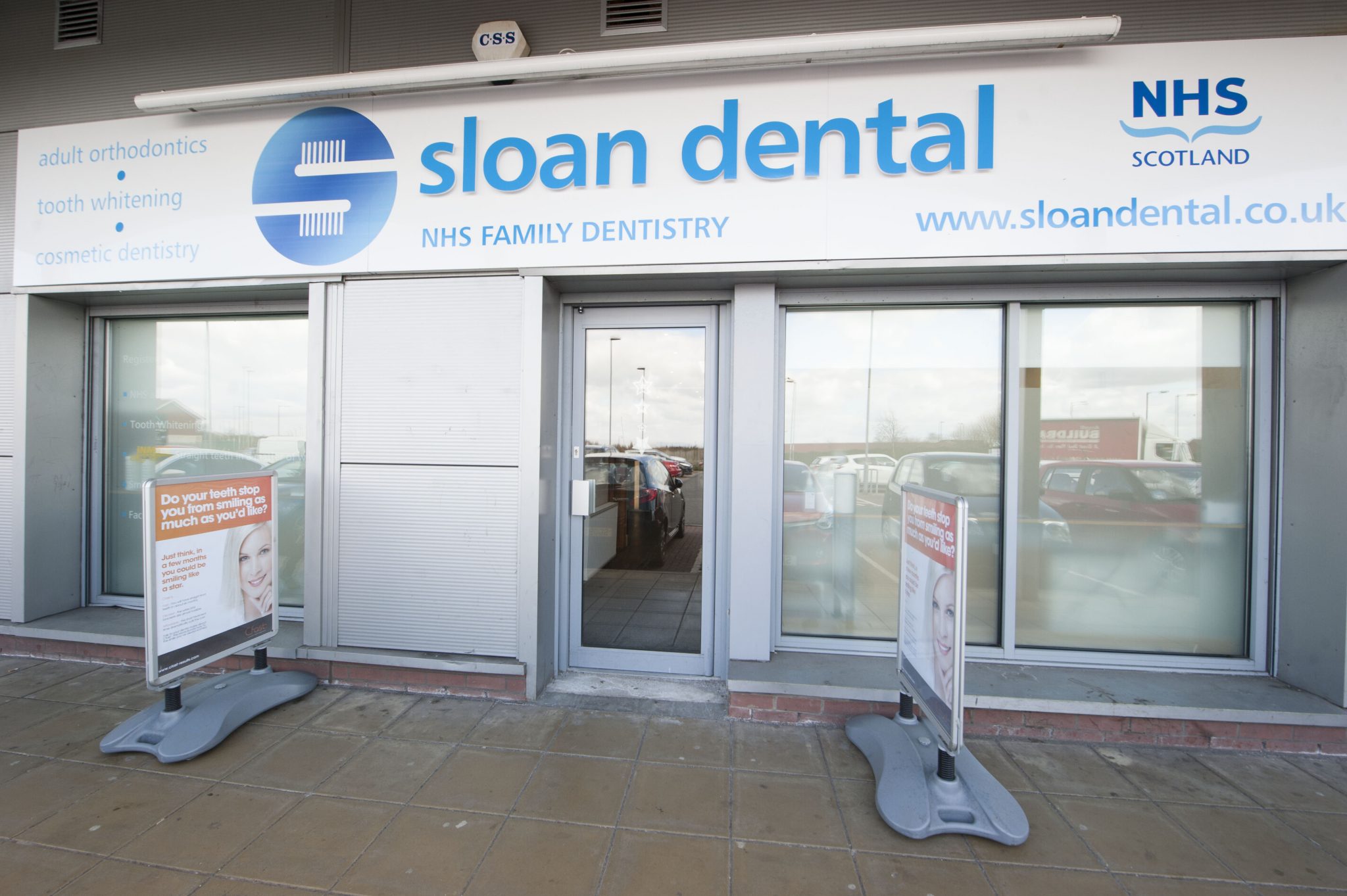Chalky teeth is a general term that refers to problems with the enamel, including discolouration, crumbling or pits and grooves. It is a fairly common problem that affects many children, but adults may also find they have chalky teeth.
Children and adults who have chalky teeth are at higher risk of developing tooth decay, so it’s important to act quickly at the first sign of a problem. Regular dental checkups will allow your dentist to spot the early signs of chalky teeth.
What causes chalky teeth?
Chalky teeth are caused by hypomineralisation. This means that the enamel has low mineral content, which makes the tooth feel softer, like chalk. Around one in six children will have hypomineralisation during their childhood. The early years are essential for proper enamel formation, so issues during childhood can lead to dental problems further down the line.
Several things can cause chalky teeth, including genetics and certain medications. If your parents or grandparents suffered from chalky teeth, you’re more likely to have this condition. Certain conditions such as celiac disease can also lead to chalky teeth.
Vitamin deficiencies are also often to blame for chalky teeth. In addition, prenatal problems can also increase the likelihood of a child developing chalky teeth. And finally, health problems such as weight gain, drug use and smoking can cause issues with the enamel and mineral content.
The difference between chalky teeth and a chalky feeling
Certain foods can leave a chalky feeling in your mouth. This is not the same as chalky teeth and can typically be fixed by rinsing the mouth with water. Foods like spinach and strawberries are high in oxalic acid, which can leave a chalky feeling in your mouth. The feeling should go away if you rinse your mouth with water or mouthwash.
What are the symptoms of chalky teeth?
Symptoms of chalky teeth include:
- Discolouration, including teeth looking too white or teeth that are brown or yellow in colour.
- White spots on the teeth
- Fissures and depressions on the teeth
- Pits and grooves on the teeth
- Increased sensitivity
- Crumbling or delicate enamel
- Irregular wearing down of the teeth
- Increase in cavities
These signs can all be identified during a routine dental checkup. In addition, children should attend regular checkups from the time their first tooth erupts. This is particularly important for children born premature, as this can impact their oral health later in life.
How to get rid of chalky teeth
The treatment options will always depend on the severity of the case. If there is evidence of tooth decay, this will need to be addressed first to help protect the tooth structure and maintain a healthy bite.
Treatment options for chalky teeth include:
- Resin-bonded treatment to help improve sensitivity
- Amalgam fillings
- Composite resin fillings
- Crowns
- Enamel microabrasion
- Orthodontics to correct the bite and encourage even wear
How to prevent chalky teeth
Invidious with chalky teeth need to take extra precautions to protect their teeth. Once the enamel is gone from teeth, nothing can replace it, and it won’t grow back. This can leave the teeth vulnerable to decay.
There are a number of steps you can take at home to help prevent chalky teeth:
- Brush twice a day using fluoride toothpaste
- Avoid acidic food and drink that may weaken enamel
- Take a multivitamin every day
- Visit the dentist regularly to identify any issues with the teeth
If you’re concerned about your tooth enamel, don’t delay treatment. Please book an appointment with our friendly dental team so we can help you take control of your oral health.



